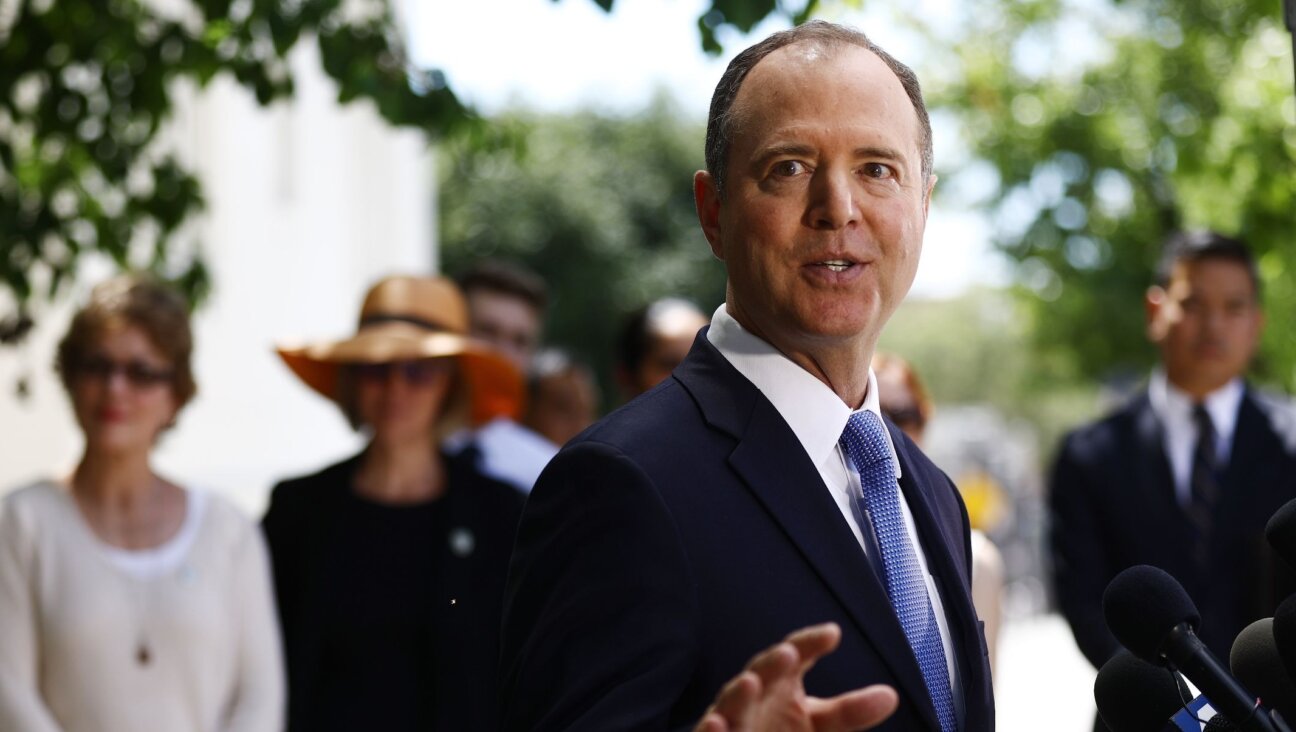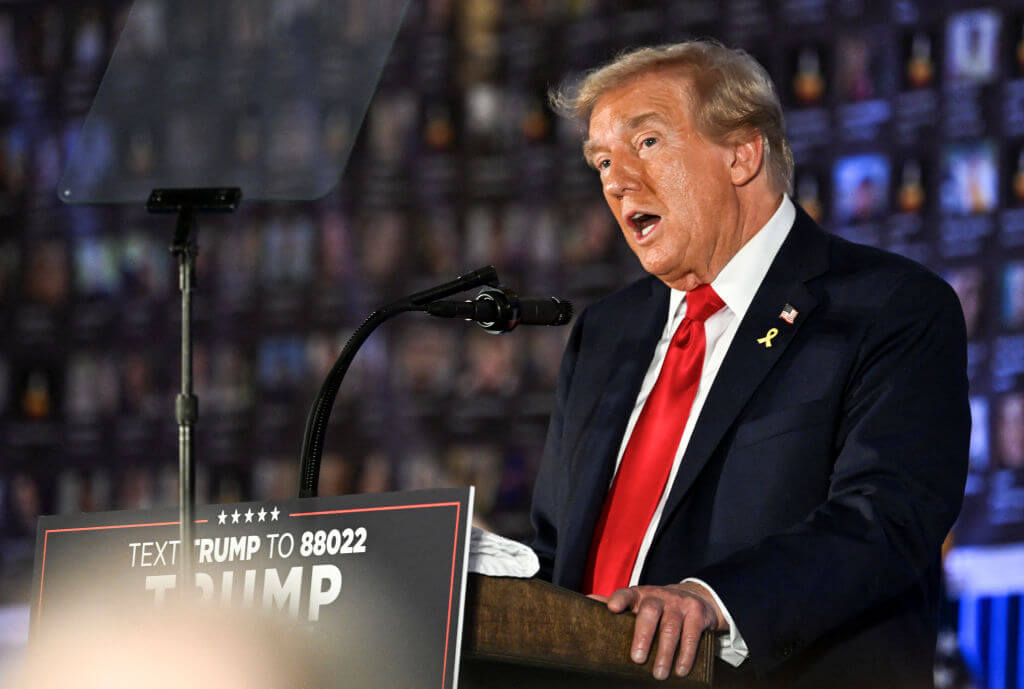Judge Bars Web Site’s Sales of Dead Sea Balms
Ahava, the Israeli Dead Sea cosmetics line, is at the center of a court battle as caustic as the world’s saltiest body of water. And a federal court has recently weighed in on the mudslinging.
The official American distributor of Ahava, Ahava USA, has succeeded in getting Manhattan federal Judge Victor Marrero to bar an Israeli Internet site temporarily from selling the healing emollients to American customers. The preliminary injunction was granted February 28 after Ahava USA filed a lawsuit against the online Israeli vendor, JWG, charging trademark and tariff violations.
Ahava — Hebrew for “love” — is being sold by JWG without the consent of the American trademark holder, Ahava USA — on what some call the “gray market.” Gray market goods are often subject to laws as nebulous as the name suggests. The Ahava case is complicated further by the Internet, a trade medium that defies borders.
JWG runs Judaicawebstore.com, a one-stop Internet store that sells Israeli books, cosmetics, jewelry and art around the world, often from struggling companies. JWG claims Ahava USA is twisting its arm because JWG charges Israeli prices, which are significantly less than the prices for many of Ahava’s skin care and beauty products in other countries. Ahava’s world-famous hand cream, for example, sells for $5.45 for 5.1 ounces on Judaicawebstore.com, compared to $17 for only 3.4 ounces in American department stores and on the company’s own site, ahava.com.
The owners of JWG claim Ahava USA is using bullying tactics to drive out of business a legitimate enterprise that is bringing some relief to a cash-strapped Israeli economy. “We feel the American consumer public has a right to know that Ahava USA sells the same products that we do but at a mark-up of 400% to 500%,” JWG president Arik Bar-El told the Forward. “In order to protect their monopolistic profits, they are now doing their best — and sadly, their worst — to put us out of business.”
But Ahava USA argues in its January 28 lawsuit that JWG is violating American trademark laws and the Tariff Act and is deceiving customers into thinking it is a licensed Ahava distributor. Ahava USA claims it sells between 40% and 50% of the company’s exports, bringing in $17 million last year.
Ahava USA president Brett Goldberg vowed to sue some 10 to 20 Israeli Internet shops with similar practices. Goldberg defended himself against Bar-El’s accusation that he did not have Israel’s best interest at heart. And Goldberg, who founded Ahava USA in 1991 “out of a suitcase,” lobbed a few charges of his own.
“My desire to support the Israeli economy, no one’s could be stronger,” Goldberg said. “But when I get complaints from my stores saying, ‘We don’t know if we’ll be able to carry the products because we could get some of them a lot cheaper on the Internet,’ it could lead to the undoing of all we’ve done for the past 12 years… If every Israeli brand had to deal with this kind of gray market activity it would be very difficult to get placement for Israeli products with retailers here in the United States.”
Goldberg said he chose to sue Bar-El first, in part, because Bar-El’s father Yosef Bar-El, director general of the Israel Broadcast Authority, asked the manufacturers of Ahava in Israel, Dead Sea Laboratories, “to make sure I don’t do anything to interfere with Judaicawebstore.” Goldberg said. “As far as I’m concerned, that is totally improper.” Goldberg added that some of his Ahava products beat JWG’s basement prices, such as the economy-size Dead Sea bath salts.
Bar-El claimed his father only intervened to tell Ahava officials that JWG is “doing nothing wrong.” Bar-El accused Ahava USA of coercing Web sites that advertise his store to stop doing so. Goldberg denied the claim, saying “What I asked was that they not use our trademark.” Bar-El told the Forward his company sells $30,000 in Ahava products worldwide every month.
According to Bar-El, the distributors have no jurisdiction over his Internet company since his business practices in Israel are completely legal. But his competitors insist if he is doing business in the United States he must follow this country’s laws. “They sell Ahava products into New York. That gives us jurisdiction over them,” said one of Ahava USA’s lawyers, Amy Goldsmith, a partner in the New York-based firm Gottlieb, Rachman & Reisman.
Trademark experts reached by the Forward appeared divided on the merits of the lawsuit. Some said JWG would be permitted to sell Ahava products on what they called the gray market so long as the cosmetics were unaltered and JWG clarified to customers that it was not an official Ahava distributor. Others, however, said that because Ahava USA owns the American trademark, JWG is in clear violation of American customs laws. “It’s not a gray market product,” said Robert Tucker, a partner of the New York-based law firm Tucker & Latifi. “It’s black and white. If [JWG] ships to the United States, they are in violation of the U.S. trademark owner’s rights.”
A message from our CEO & publisher Rachel Fishman Feddersen

I hope you appreciated this article. Before you go, I’d like to ask you to please support the Forward’s award-winning, nonprofit journalism during this critical time.
We’ve set a goal to raise $260,000 by December 31. That’s an ambitious goal, but one that will give us the resources we need to invest in the high quality news, opinion, analysis and cultural coverage that isn’t available anywhere else.
If you feel inspired to make an impact, now is the time to give something back. Join us as a member at your most generous level.
— Rachel Fishman Feddersen, Publisher and CEO






















